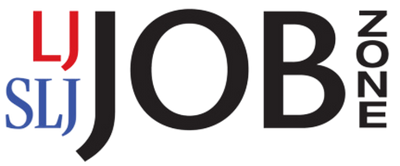Job Description
Job DescriptionJob Summary:
The Peer Support Specialist is a person in recovery from a mental health or substance use disorder who has successfully completed a state-approved Peer Support training and certification. This role uses lived experience to inspire hope, foster engagement, and support individuals receiving behavioral health services. The Peer Support Specialist works collaboratively with clinical staff and multidisciplinary teams to support recovery goals, build trust, and reduce stigma.
Essential Duties and Responsibilities:
- Use personal lived experience to build rapport with clients and offer relatable support in achieving recovery goals.
- Assist clients with navigating the behavioral health system, accessing community resources, and developing natural supports.
- Facilitate peer-led support groups, workshops, or recovery-based activities as assigned.
- Provide 1:1 peer support sessions focused on empowerment, recovery tools, and wellness planning.
- Promote trauma-informed, harm-reduction, and recovery-oriented practices.
- Document services accurately and timely in accordance with Medicaid, DBHDID, and facility standards.
- Participate in team meetings, treatment planning, and supervision.
- Maintain appropriate professional boundaries and confidentiality at all times.
- Advocate for recovery-informed practices within the facility and the broader community.
Qualifications:
- Must be at least 18 years of age.
- Must be a self-identified consumer of mental health and/or substance use services.
- Must have a minimum of 1 year of continuous recovery from mental health or substance use challenges.
- Must have completed the Kentucky-approved Adult Peer Support Specialist 30-hour training.
- Must be certified by the Kentucky Department for Behavioral Health, Developmental and Intellectual Disabilities.
- High school diploma or GED required.
- Experience working in a behavioral health or recovery-oriented setting preferred.
- Valid driver's license and reliable transportation.
Knowledge, Skills, and Abilities:
- Strong interpersonal communication and active listening skills.
- Ability to maintain empathy without over-identification or judgment.
- Understanding of recovery principles, peer roles, and boundaries.
- Familiarity with Microsoft Office, electronic health records (EHRs), and basic documentation practices.
- Ability to work independently and as part of a multidisciplinary team.
